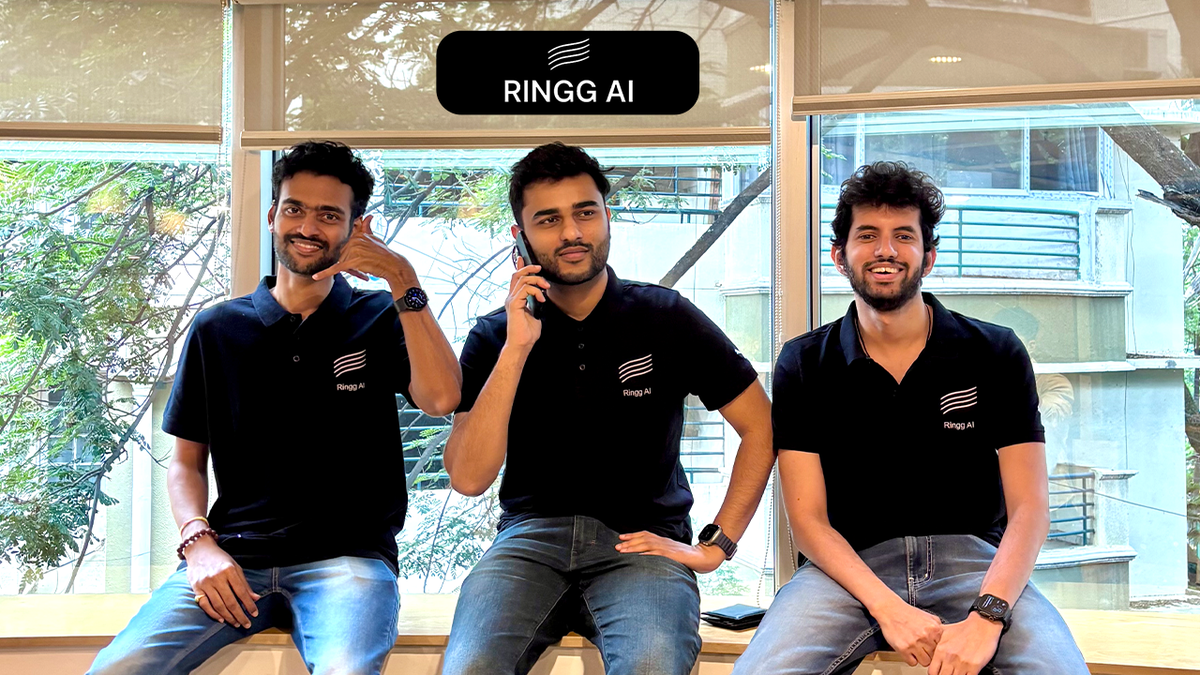Highlights
Atomberg Founder Issues Warning on AI Crisis in India
Atomberg founder Arindam Paul has raised an alarming warning regarding the impending AI crisis in India. Paul stated that nearly 40-50 percent of existing white-collar positions could disappear. He remarked on LinkedIn that such a development could constitute the demise of India’s middle class and its consumption narrative.
His remarks align with concerns voiced by Zoho co-founder Sridhar Vembu, who has also highlighted the potential consequences for India’s software employment landscape in an AI-centric future.
Understanding the Threat of AI
Paul pointed out that many individuals, including national leaders, might not fully grasp the scale of the threat that AI poses to the economy. He emphasised the significant risks India is up against as artificial intelligence takes over roles traditionally occupied by white-collar professionals.
“Our manufacturing is nowhere close to where it should be in terms of generating jobs that offer salaries between 3-6 lakhs per annum,” Paul stated. He referred to India’s lack of a strong industrial base that could buffer the effects of downsizing in white-collar careers.
Impacts on IT and BPO Sectors
Taking a pointed stance on India’s key IT and BPO sectors, Paul warned of a considerable reduction in workforce and, in many instances, their operational capacity. While he expressed confidence that organisations like Infosys “will survive, and some might even prosper,” he candidly mentioned that they “will not need to employ as many people as they currently do.”
Paul reiterated his assertion that “almost 40-50 percent of white-collar jobs may no longer exist,” emphasising that such a transformation would signify “the end of the middle class and the narrative of consumption.”
The Short-Sightedness of Corporations
Paul also expressed his discontent with companies being shortsighted in their enthusiasm for AI-enhanced efficiency.
He commented, “While all corporates are delighted that AI will decrease manpower and bolster efficiency to enhance profit margins, they neglect the fact that without jobs and disposable income in consumers’ hands, there will be no revenue.”
While he hopes his forecasts do not come to fruition, Paul added, “I wish none of this transpires, and we see our GDP grow both in absolute figures and per capita. However, I believe this is the most likely scenario for India unless we truly invest in manufacturing.”
Paul’s views resonate with those of Zoho’s Sridhar Vembu, who recently expressed his pessimism about the software job market on X, even prior to factoring in AI influences. Vembu cautioned about the extensive over-capacity within the IT sector and the “multiplied inefficiencies” in outsourced services, suggesting that AI might ultimately consume a significant portion of the standard code that underpins substantial IT projects.







